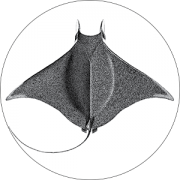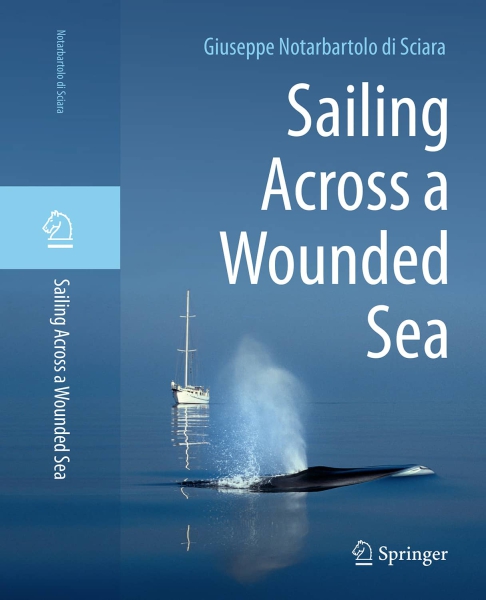In 1996, the President of Italy nominated me to head the Central Institute for Applied Marine Research (Istituto Centrale per la Ricerca Applicata al Mare, ICRAM), a scientific body under the aegis of the Ministry for the Environment, mandated to provide scientific support to national marine conservation policy. I held that position until 2003, shortly before the end of my second and last 4-year mandate, when the right-wing government of the moment, whose environment-unfriendliness was above average, decided to avail itself of the spoils system to throw me out of office. Years later ICRAM was merged, together with other institutions, into the Higher Institute for Environmental Research and Protection, ISPRA (Istituto Superiore per la Protezione e Ricerca Ambientale).
My role as President of ICRAM, dictated by the mandate of advising and supporting government policies on the full range of issues connected with marine conservation – from the disposal of toxic muds dredged from harbours to the nearly impossible challenges of sustainable aquaculture – was highly inspirational and formative, and forced me to widen my views until then confined to the realm of conserving large marine vertebrates. In 1998, as the President of ICRAM, I was part of the Italian delegation at the Meeting of the G8 Environment Ministers in Leeds Castle, U.K. (April). I also attended, among others: the 4th Conference of the Parties of the Convention on Biological Diversity in Bratislava, Slovakia (May); the Italian/French Summit in Florence (October); and the 2nd London Oceans Workshop (December). In 2001 I attended to the FAO Committee on Fisheries in Rome (February), and the FAO Conference on responsible fisheries in the marine ecosystems, Reykjavik (October).
Since 1995 I have been involved in supporting the participation of Italy in the works of the International Whaling Commission and contributed to the establishment of a national policy on whaling issues and on the promotion of a conservation agenda within the IWC in cooperation with other like-minded nations. From 1999, as President of ICRAM, I served as Commissioner for Italy at various meetings of the International Whaling Commission. Meetings I attended included the 51st Annual Meeting in Grenada, West Indies (1999; Alternate Commissioner), the 52nd Annual Meeting In Adelaide, Australia (2000; Commissioner), the Intersessional Meeting on the RMS in Monaco (2001; Commissioner), the 53rd Annual Meeting in Hammersmith, London (2001; Commissioner), the Special Meeting in Cambridge, U.K. (2002; Commissioner), the 55th Annual Meeting in Berlin (2003; Commissioner), and 56th Annual Meeting in Sorrento (2004; Alternate Commissioner).
Making friends with a marble bowriding dolphin, Cyrene, Libya (photo by Paolo Casale).



